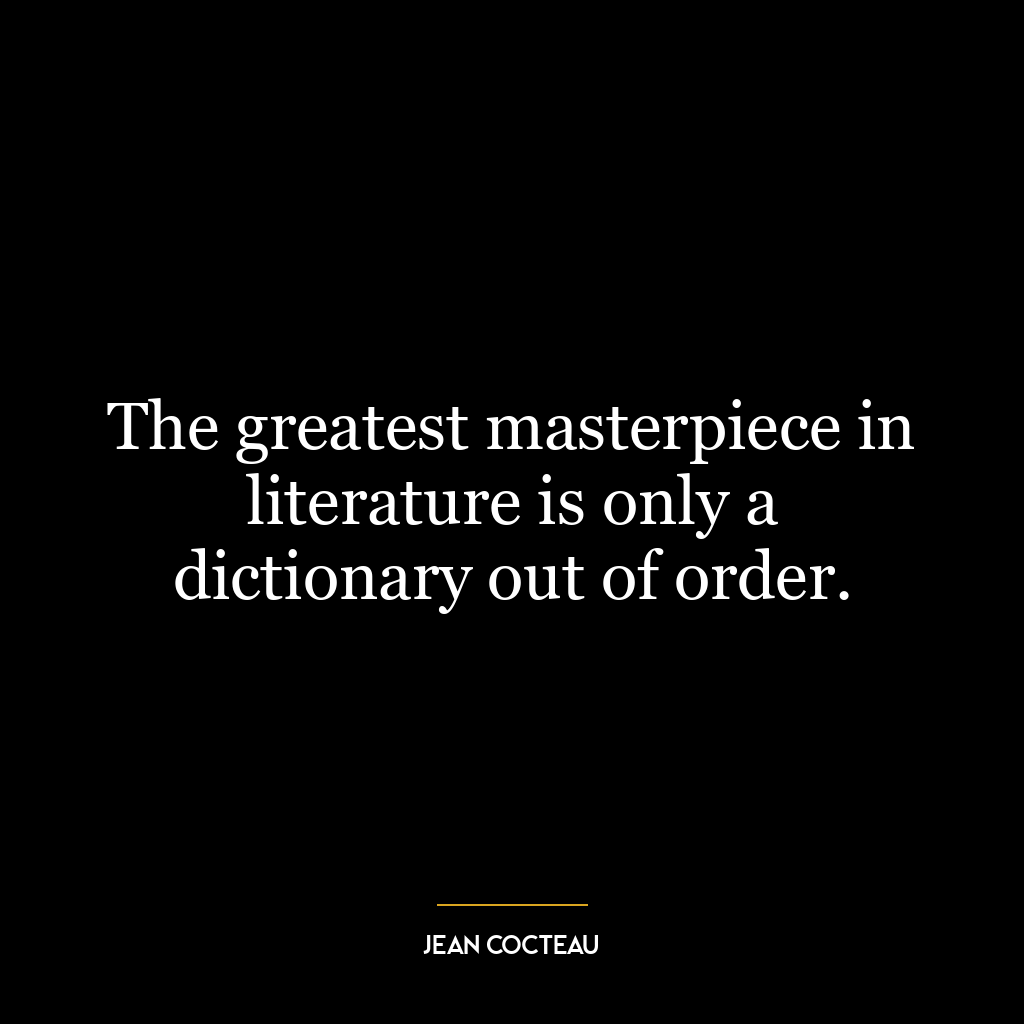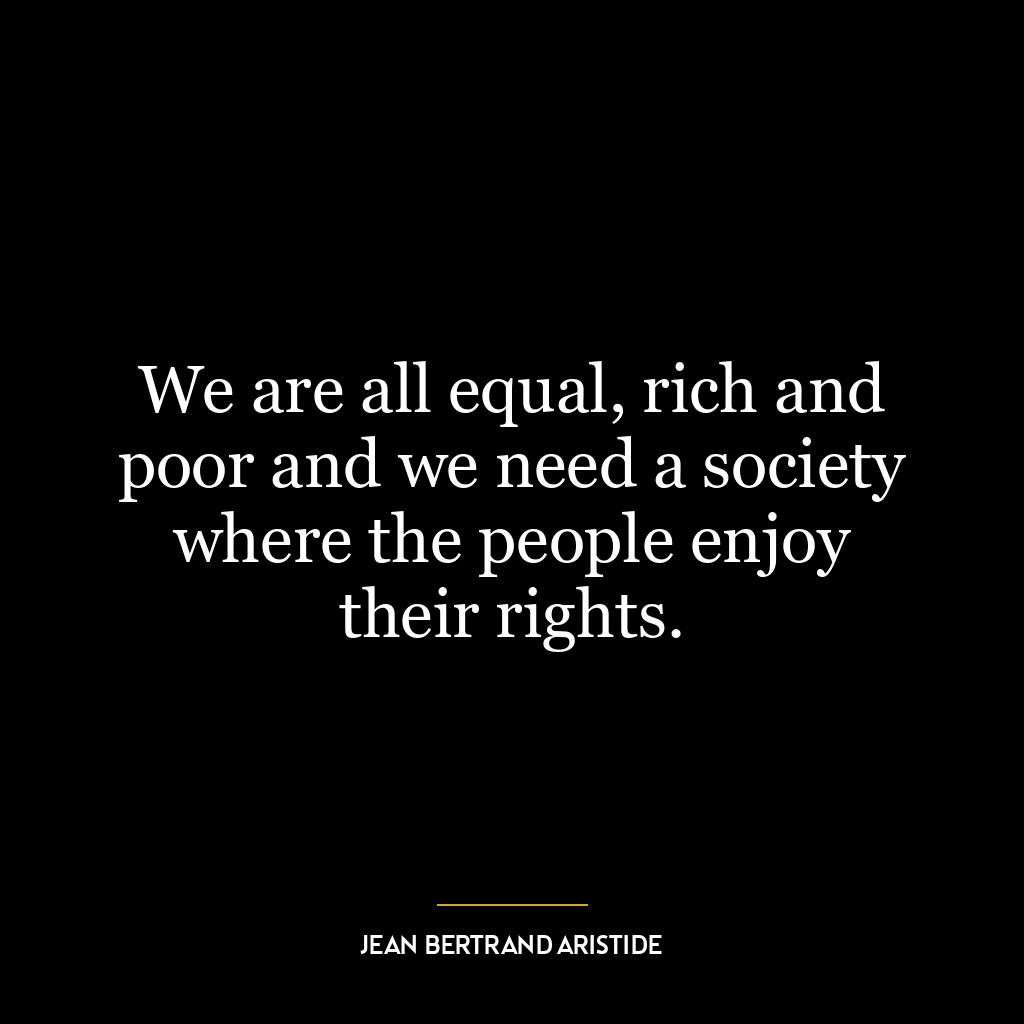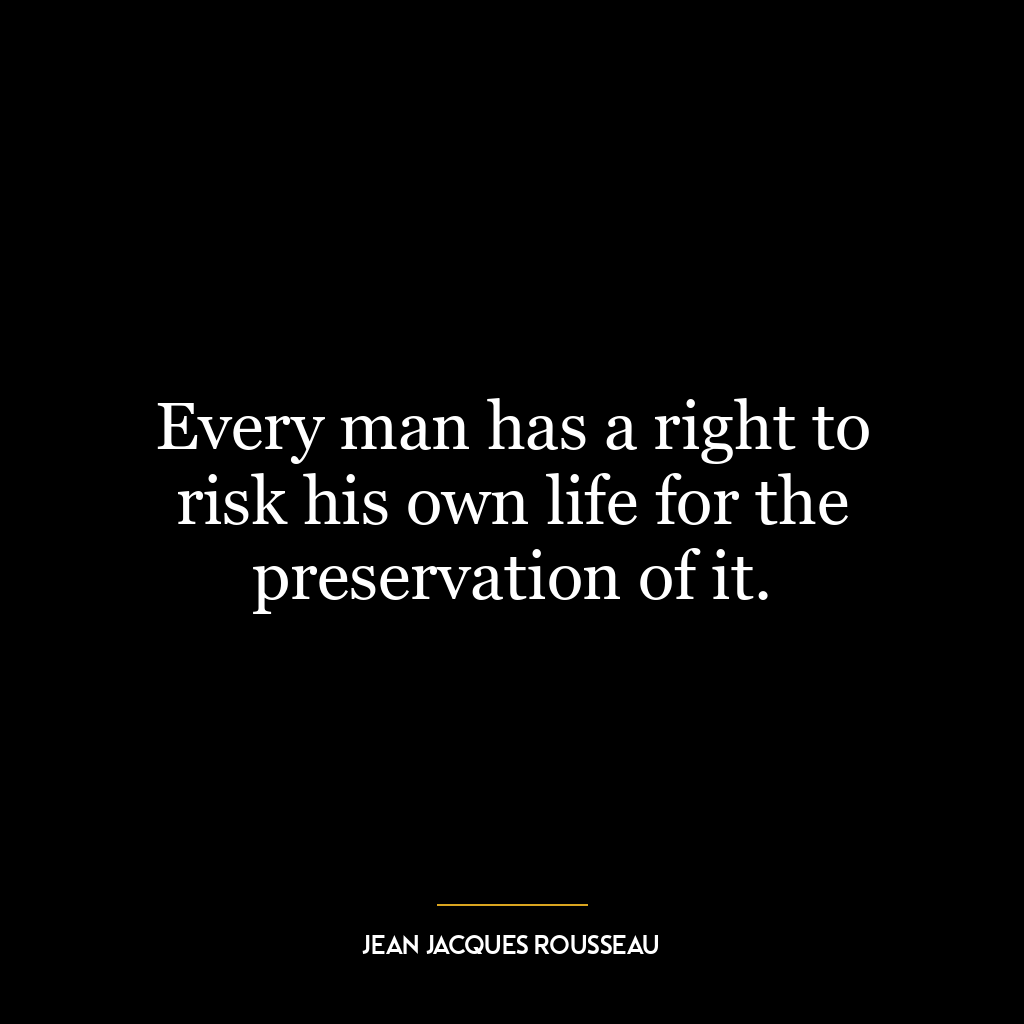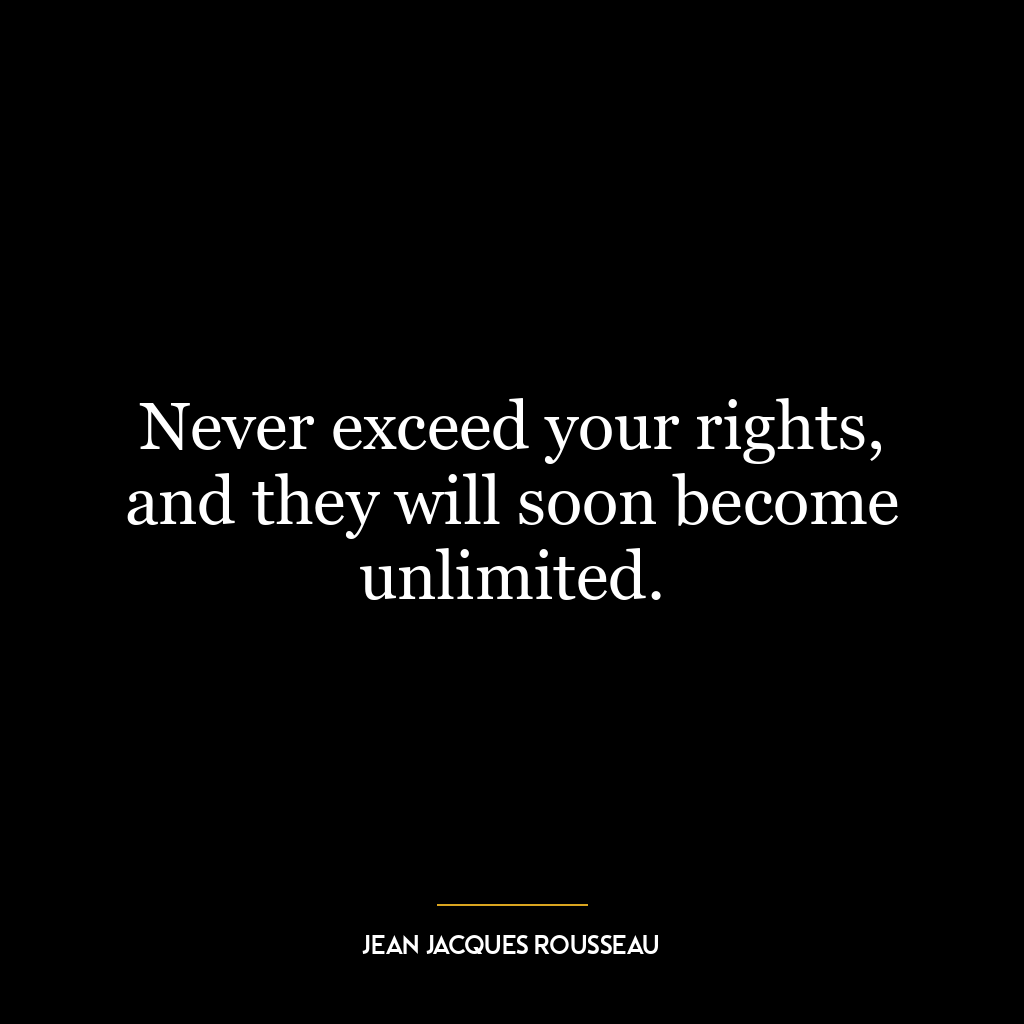If all simply insist on rights and no duties, there will be utter confusion and chaos.
This quote emphasizes the balance between rights and duties. In essence, it suggests that while everyone has certain rights, these are only sustainable if they’re balanced with corresponding duties or responsibilities. If everyone merely insists on their own rights without acknowledging their obligations to others and society at large, it would result in disorder and chaos.
For example, consider the right to free speech. While it’s crucial in a democratic society for individuals to express their views freely, this right comes with the duty to respect others’ perspectives and not propagate hate speech or misinformation. If people merely insist on their right to speak freely but disregard the responsibility that accompanies it, it could lead to societal discord.
In today’s world of increasing individualism and self-centeredness, this idea is particularly relevant. For instance, in the context of environmental sustainability: while we all have a right to consume natural resources for our survival and wellbeing (like water or food), we also have a duty towards preserving these resources for future generations. If everyone insists on exploiting resources as per their will without considering conservation efforts (duty), we’d face severe ecological crises.
Similarly, within personal development contexts: one might claim a ‘right’ to happiness or success but must also acknowledge the ‘duty’ towards oneself – like maintaining good health habits or continuing education – which are necessary steps towards achieving those desired states.
Therefore, Gandhi’s quote underscores how an unbalanced emphasis on rights over duties can lead us down a path of confusion and chaos – be it at personal levels or within broader societal contexts. It serves as an important reminder about maintaining this delicate equilibrium between our desires (rights) and obligations (duties).








